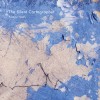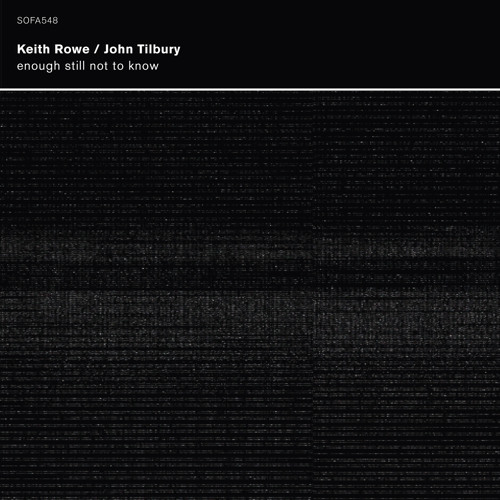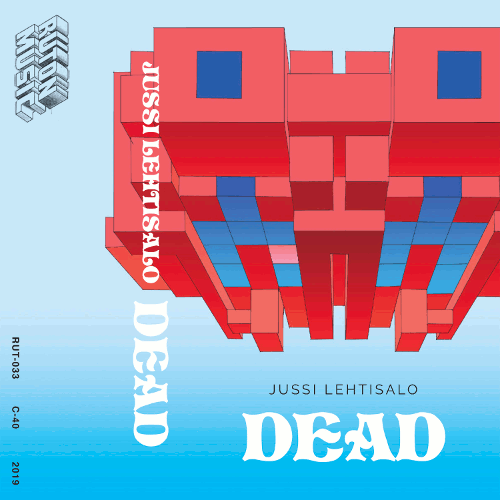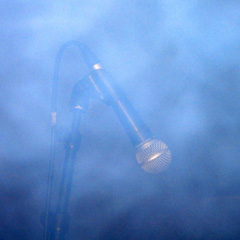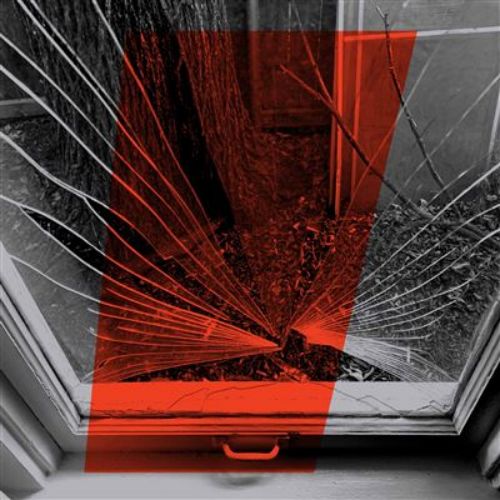“If a tree were to fall on an island where there were no human beings would there be any sound?” – George Berkeley
Have you ever wondered what happens when you’re not around? What Somewhere Else might look like? To look through someone else’s eyes? The limits of knowledge is one of the most frustrating things about being alive – the fact that we are confined to our senses, and cannot help but greatly filter and effect the world around us, with our very presence. Yet as times go on, as we come to integrate with our machines, and explore the depths of their potential and implications, it does seem that we are finally getting a bird’s eye. We are beginning to sense landscapes without us in them.
http://youtu.be/WuHmxH7iwI0
The Silent Cartographer is the British ambient composer Andrew Heath‘s first record for Disco Gecko. Right off the bat, there are two things you must know about the album:
- It is an entirely instrumental electronic record, that would most commonly be described as “ambient” or “New Age”.
- These electronics are scrubbed with field recordings, and the odd bits of electro-acoustic sound design.
http://youtu.be/t4vx2y7jv-c
The crystal aura of the keyboards are overlaid with very subtle sounds of waves crashing (“The Silent Cartographer”) and flittering, twittering sparrows and nightingales (“This Twilight World”). I was reminded of a turgid river, lazily swaying its way through wild, brambled places — places not easily got to by men. This is the world of rabbit’s burrows and porcupine runs. The melodies seem generative in nature, meant to evoke the gentle randomness of rain striking leaves or the asymmetry of an Aeolian harp. They do not repeat, but there seems to be a logic at play that also subscribes to our language of tone and beauty. Because this is beautiful music.I feel like the dichotomy of synthesized electronic instruments and processed natural sounds gives away what this The Silent Cartographer is striving for. Electronic sounds are unnatural — they are perfect and abstract, built in the crucible of the human mind, as exactly replicas of concepts. For instance, you are very, very unlikely to hear a pure sine wave in nature. Every thing on Earth (and presumably elsewhere) has a unique harmonic character that might as well be a fingerprint, that’s how distinctive they are. This makes electronic instruments particularly adept at suggesting perfect Platonic realms with no basis in reality. Just pure realms of visionary being.
http://youtu.be/Gxe3idq9ryc
Which leads to my next assertion, which is that The Silent Cartographer is actually just really good New Age music — the kind for drinking tea and burning incense with yr shoes off. For crystal gazing, to let yr inner silver luminescence shine. The fact is, or rather my distinction, is that there’s nothing wrong with New Age music, and a lot of it was really quite good; and its heart was always in the right place. Like many/most genres, it was a good idea that got smeared into the ground with cash-grabbing marketing. So sometimes we get an icky taste in our mouths when we spit the words “New Age” (I use the term “newage” when I’m being derisive), while we worship Brian Eno and dig for rare early electronic records.https://soundcloud.com/discogeckorecordings/andrew-heath-kleine-blume-irgendwo-a-homage-to-joachim
Some of the reticence comes from the keyboards, however. In the early ’80s, things were a bit too plasticine, a little too opalescent, too detached and unrelatable; I don’t know, maybe it’s just me, but I still can’t hear anything approximating a Seinfeld bassline and not shudder a little bit. Andrew Heath corrects a lot of these mis-steps, and delivers a true crystal-gazing classic.I listened to this album over and over again, on repeat, for weeks, trying to figure out how to say what I was trying to say. It wasn’t until I was lost on a bitter cold night in Portland with The Silent Cartographer on permanent loop in my pocket that it all gelled. The peaceful sounds of the keyboards, the river and electronic rhythm, the birds and cicadas superimposed themselves over the desolate, early winter night — and there was a scent of summer in the air. I was transported, and to no place in particular. This was a realm, a feeling — vaguely tropical, sunny, but secluded by trees.
http://youtu.be/Z22rPdG_dso
The Silent Cartographer is a record that is both Earthy and warm, airy and conceptual. It is beautiful as well as haunting, and leaves the lingering shadow of an impression — more like a half-remembered memory, or a dream you can’t wait to get back to. Andrew Heath’s music takes us outside of ourselves, one step towards the Absolute, further breaking down our barriers and defences. Maybe then we will have a better understanding of this world, and our place within it.-J Simpson-
